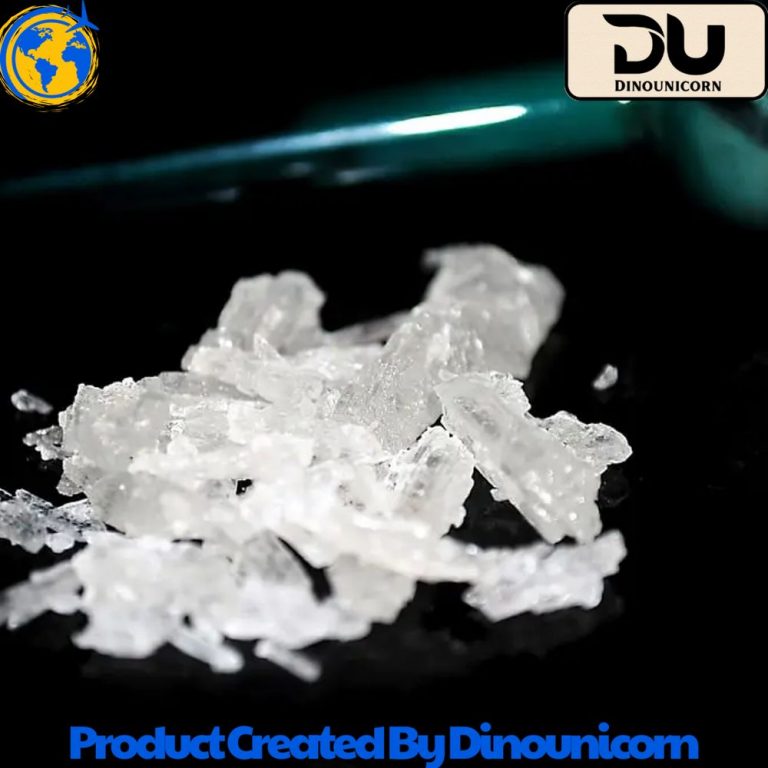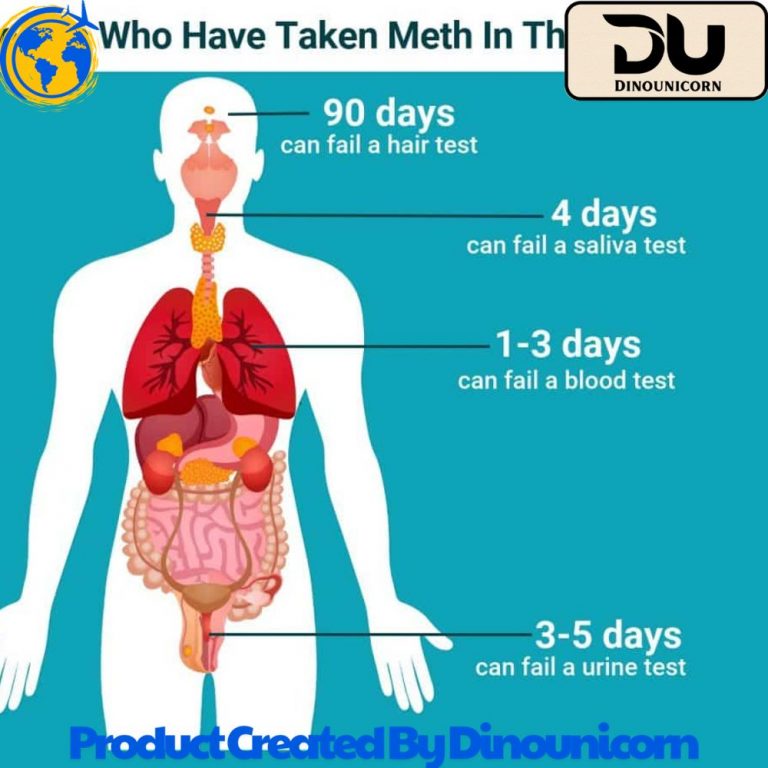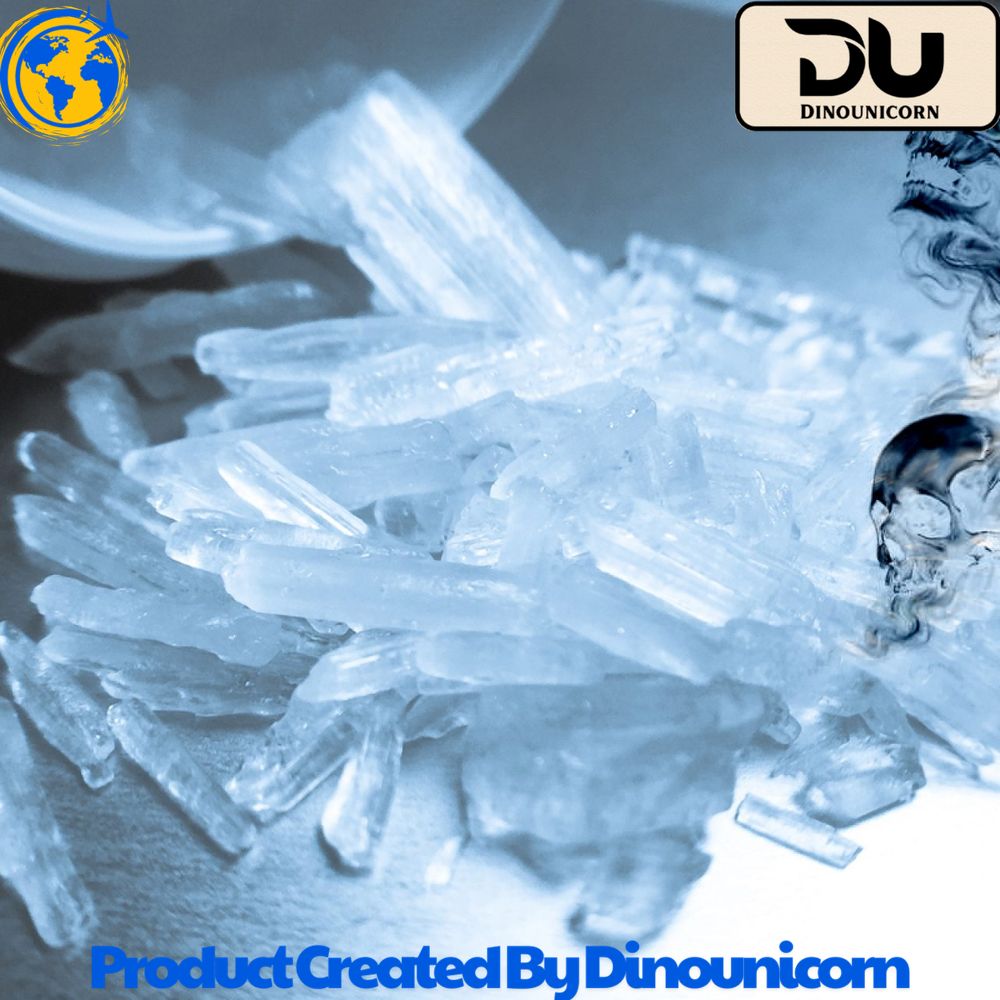Blog
How Long Do Methamphetamines Stay in Your System?
How Long Do Methamphetamines Stay in Your System?
Methamphetamine, commonly known as meth, is a powerful stimulant that can significantly affect the body and mind. The duration methamphetamines stay in your system depends on several factors, including how much you’ve used, your metabolism, and the type of drug test. In this article, we will dive deep into the topic of how long do methamphetamines stay in your system, and explore the different aspects of methamphetamine detection, its effects, metabolism, and withdrawal process.
What is Methamphetamine?
Understanding Methamphetamine and Its Effects
Methamphetamine, also known as meth, is a highly addictive substance that affects the central nervous system. It is often used for recreational purposes due to its stimulating effects, such as increased energy and euphoria. However, methamphetamine can also cause serious health risks, including addiction, brain damage, and physical deterioration.
The use of methamphetamines can lead to severe physical and mental health problems. Methamphetamine abuse is associated with heart problems, strokes, and long-term cognitive impairments. Understanding how long meth stays in your system can be crucial for people seeking to understand the consequences of methamphetamine use, as well as those undergoing drug testing for employment, legal matters, or medical reasons.

How Long Do Methamphetamines Stay in Your System?
Factors Influencing How Long Meth Stays in Your System
The duration that methamphetamine remains detectable in the body is influenced by several key factors:
- Amount of Meth Used: A larger dose will typically stay in your system for a longer time.
- Frequency of Use: Regular users will likely have methamphetamines in their system for longer periods than someone who uses it infrequently.
- Metabolism: Individuals with faster metabolisms may eliminate methamphetamine more quickly than those with slower metabolic rates.
- Body Fat: Methamphetamine is fat-soluble, so those with higher body fat percentages may store meth in their fat cells for a longer period.
- Hydration and Overall Health: Staying hydrated and maintaining a healthy lifestyle can influence how long meth stays in the system.
How Long Does Meth Stay in Your Body?
Typically, methamphetamine can stay in your system for different lengths of time depending on the type of test being used. The detection times for meth in various parts of the body vary, and understanding these can help individuals prepare for drug tests and monitor their own health.

Methamphetamine Detection Time
How Long Does Meth Stay in Your Urine?
One of the most common methods for testing methamphetamine use is a urine drug test. In most cases, methamphetamine can be detected in urine for 1 to 4 days after use. However, in chronic or heavy users, meth can remain in the urine for up to 7 days or even longer.
- Factors that affect meth detection in urine:
- Frequency of use: Daily users may experience longer detection times.
- Hydration: Drinking plenty of water can sometimes reduce the concentration of meth in the urine, though it doesn’t necessarily speed up the elimination process.
- Metabolism: Individuals with faster metabolism rates may clear methamphetamine from their system more quickly.
How Long Does Methamphetamine Last in Your Blood?
Methamphetamine can typically be detected in the blood for 1 to 3 days after use. Blood tests are more precise than urine tests and are often used in legal and medical contexts. However, the detection window in the blood is much shorter than in urine.
- Blood tests are not as commonly used for methamphetamine detection but provide more immediate and accurate results in detecting recent use.
Methamphetamine Metabolism and Elimination Time
Methamphetamine Half-Life and Metabolism
The half-life of methamphetamine is an important factor in determining how long the drug stays in your system. The half-life refers to the time it takes for half of the drug to be eliminated from the body. For methamphetamine, the half-life is approximately 10 to 12 hours. This means that the drug’s concentration in the body is reduced by half in this time frame, but it can take several days for meth to be fully eliminated from the system.
- Factors that impact meth metabolism:
- Age: Older individuals may metabolize meth more slowly.
- Health: Liver and kidney function can impact how quickly methamphetamine is processed and eliminated.
- Other substances: The presence of other substances, including alcohol or other drugs, can influence the metabolism of meth.
How Quickly Does Meth Leave Your System?
Typically, it can take 3 to 5 days for methamphetamine to leave the system entirely, but this varies depending on the person’s metabolism, the amount consumed, and other factors.
- Chronic users: Methamphetamine may take longer to leave the system due to the accumulation of the drug in fat cells.

Methamphetamine and Drug Tests
How Long After Using Meth Can You Pass a Drug Test?
If you are wondering how long does meth stay detectable and when you can pass a drug test, it’s important to understand that methamphetamine can be detected in urine for several days after use. A person can typically expect to test positive for methamphetamine for 1 to 4 days after use in a standard urine drug test.
- For heavy users, meth can remain detectable for up to 7 days or longer.
Methamphetamine and Urine Drug Tests
Urine drug tests are one of the most common and affordable methods for detecting methamphetamine use. These tests typically detect meth for up to 3 to 7 days after use, depending on the frequency of use, metabolism, and the individual’s body composition.
Methamphetamine and Blood Tests
While blood tests are less commonly used for methamphetamine detection, they can detect the drug for a much shorter period — typically 1 to 3 days after use. Blood tests are typically used in cases where immediate results are needed, such as in emergency rooms or in legal situations.
Methamphetamine Withdrawal and Detox Process
Methamphetamine Detoxification
When someone is looking to rid their body of meth, a detoxification process is necessary. This process helps to eliminate the drug from the system while minimizing withdrawal symptoms. A methamphetamine detox program may involve medical supervision to ensure the individual’s safety and comfort during withdrawal.
- Methamphetamine detox can take anywhere from 3 to 7 days, depending on the severity of the addiction and the person’s health.
Methamphetamine Withdrawal Timeline
Methamphetamine withdrawal symptoms can be severe and may include depression, fatigue, anxiety, and cravings for the drug. The withdrawal timeline can vary, but most people will experience the worst symptoms within the first 3 days, with the symptoms tapering off over the course of 1 to 2 weeks.
Health Implications of Methamphetamine Use
How Long Does Methamphetamine Affect Your Body?
The effects of methamphetamine on the body can be long-lasting. Chronic meth use can lead to significant health problems, including heart damage, cognitive impairments, and neurological disorders. Even after the drug is eliminated from the body, the effects on the brain and body can persist.
- Long-term effects:
- Damage to the heart and brain
- Memory and cognitive issues
- Mental health disorders like anxiety and depression
The Role of Treatment and Rehab in Meth Addiction
If you or someone you know is struggling with methamphetamine addiction, seeking professional treatment is critical. Addiction treatment centers offer various programs, including inpatient and outpatient rehab, to help individuals recover from meth addiction.
- Treatment programs may include:
- Therapy (individual and group)
- Behavioral treatment
- Support for managing withdrawal and cravings

Frequently Asked Questions (FAQs)
How long does meth stay in your system?
Methamphetamine typically stays in your system for 1 to 4 days after use, but this can vary depending on factors like metabolism, frequency of use, and body fat percentage.
How long does meth stay detectable in urine?
Methamphetamine can be detected in urine for 3 to 7 days, depending on the frequency of use.
How long does methamphetamine last in your body?
The effects of methamphetamine can last anywhere from 4 to 12 hours, but the drug itself can remain in the system for up to 5 days.
How long after using meth can you pass a drug test?
Most people can pass a drug test for methamphetamine within 3 to 7 days, depending on how long and how much meth was used.
How long does methamphetamine affect your body?
The effects of methamphetamine on the body can be immediate but also long-lasting, potentially causing permanent damage to the brain and heart with prolonged use.
Conclusion
Understanding how long meth stays in your system is crucial for anyone concerned with drug tests or managing methamphetamine use. The drug’s duration in the body depends on several factors, and the detox process can take days or even weeks. It is vital to seek professional help if you or someone you know is struggling with methamphetamine addiction to ensure a safe recovery. Whether you’re preparing for a drug test or trying to recover from addiction, understanding the science behind methamphetamine metabolism can help guide you toward the best course of action for your health and well-being.
 Skip to content
Skip to content

